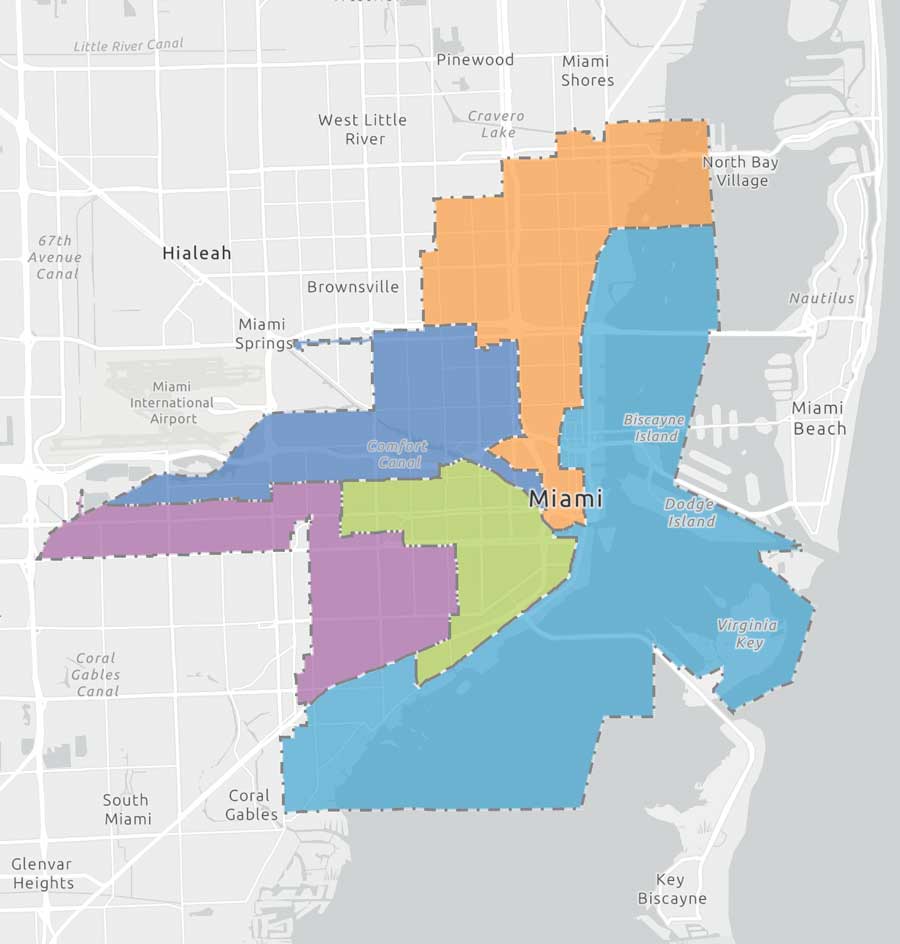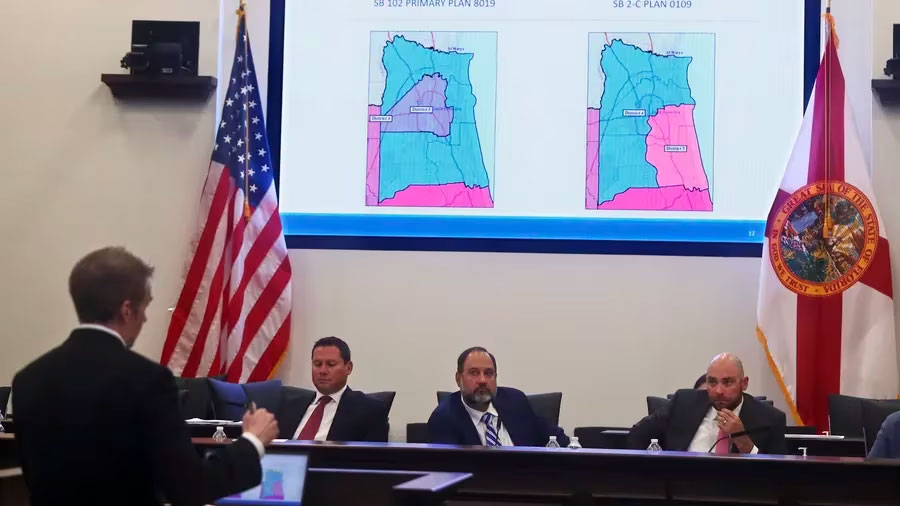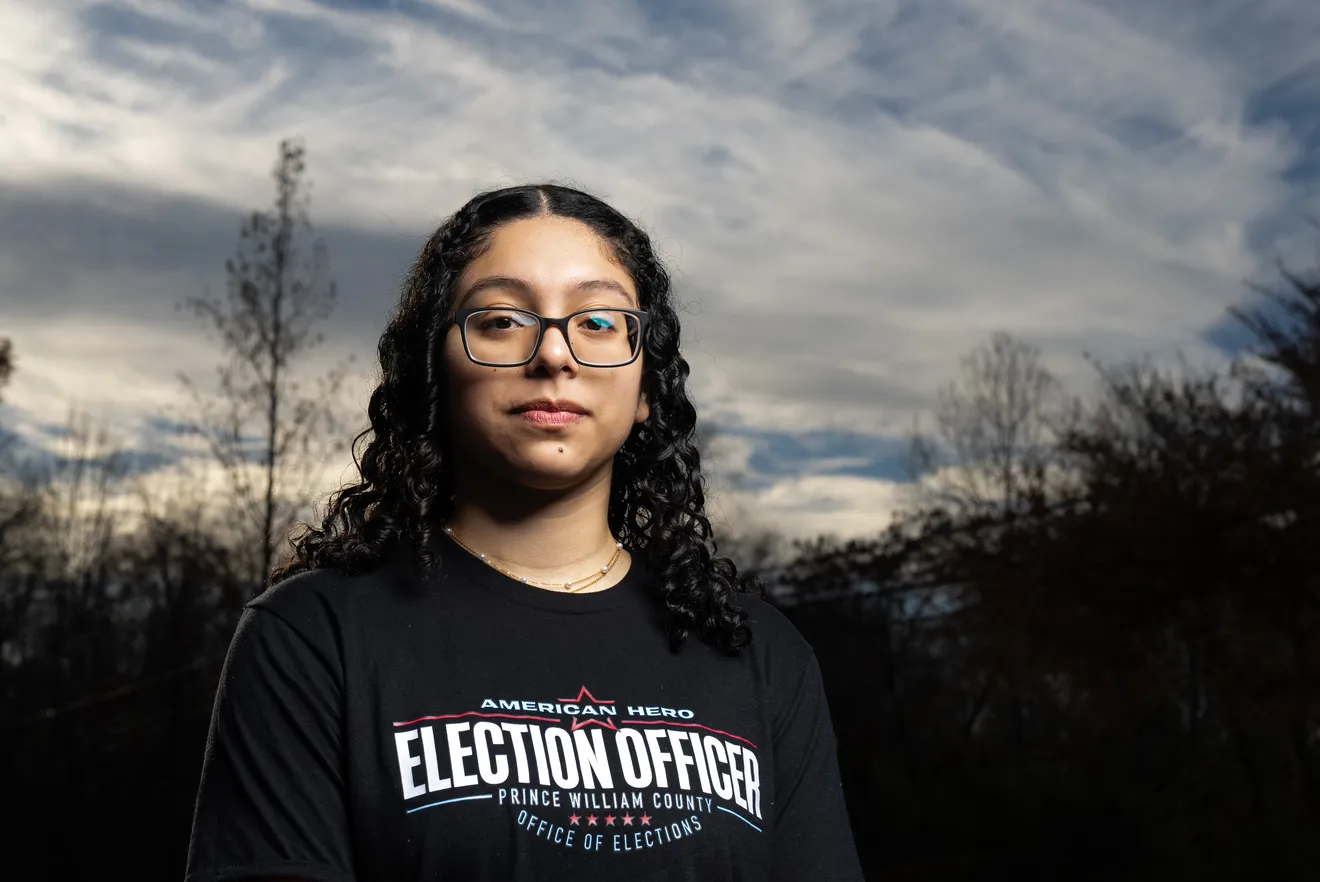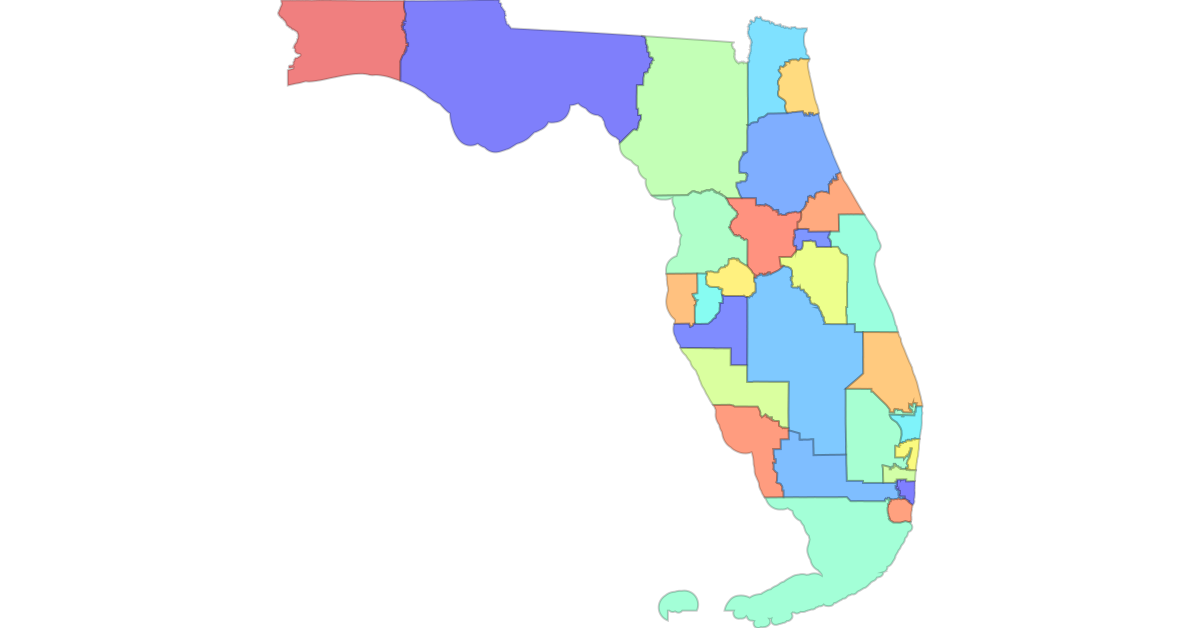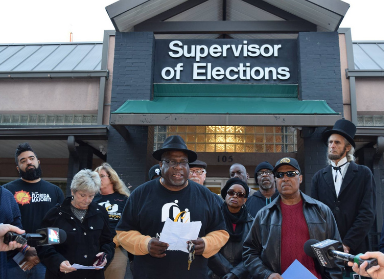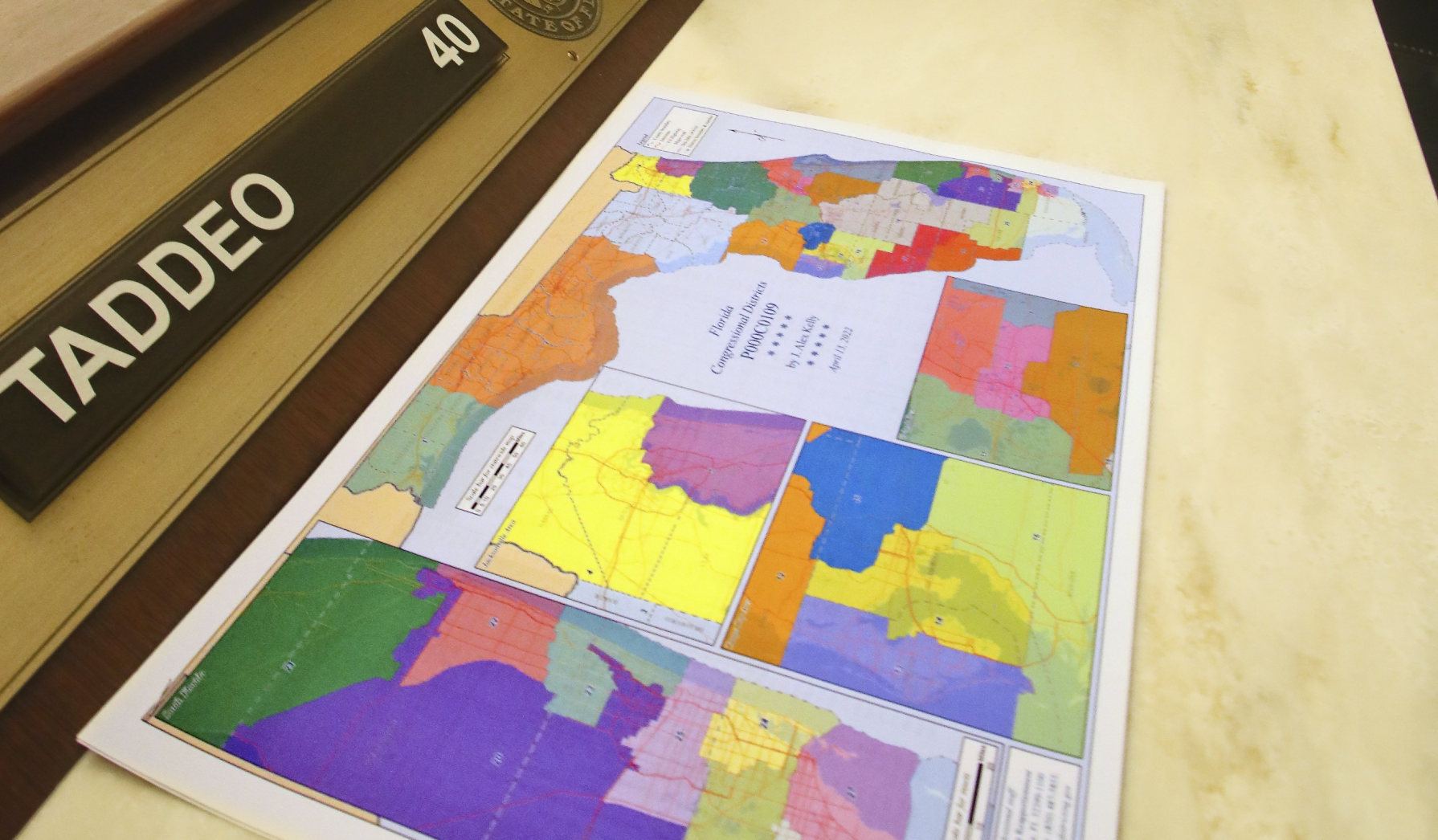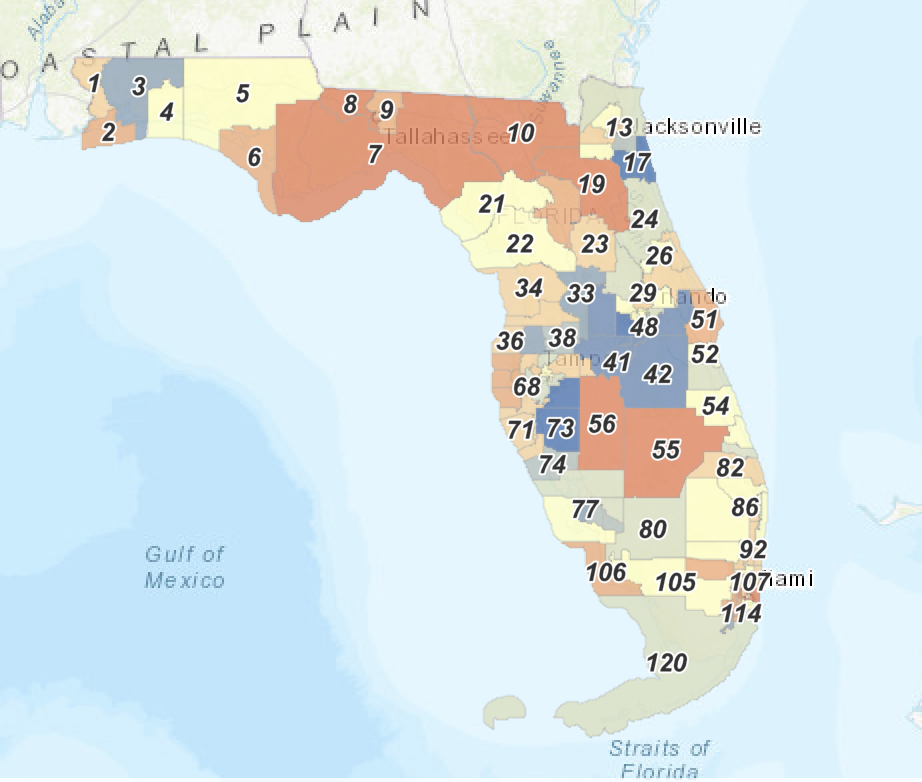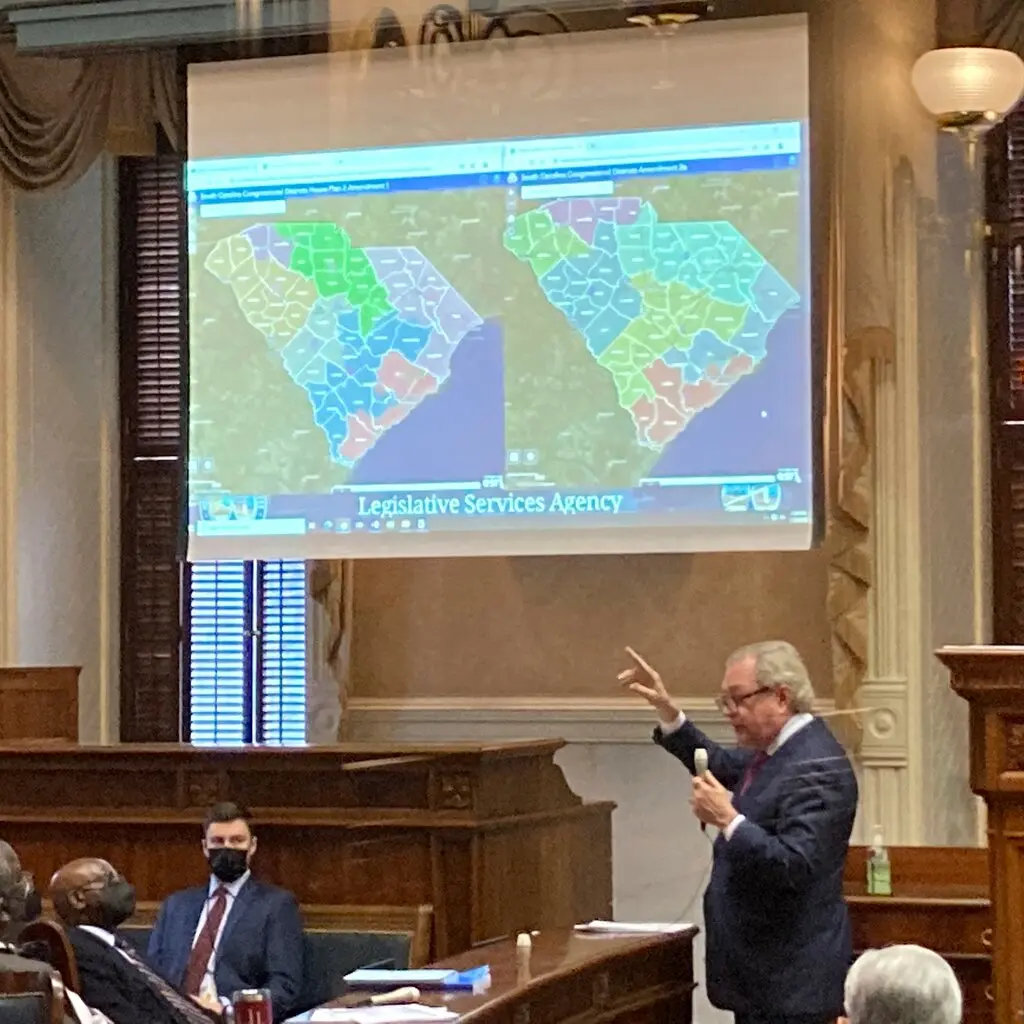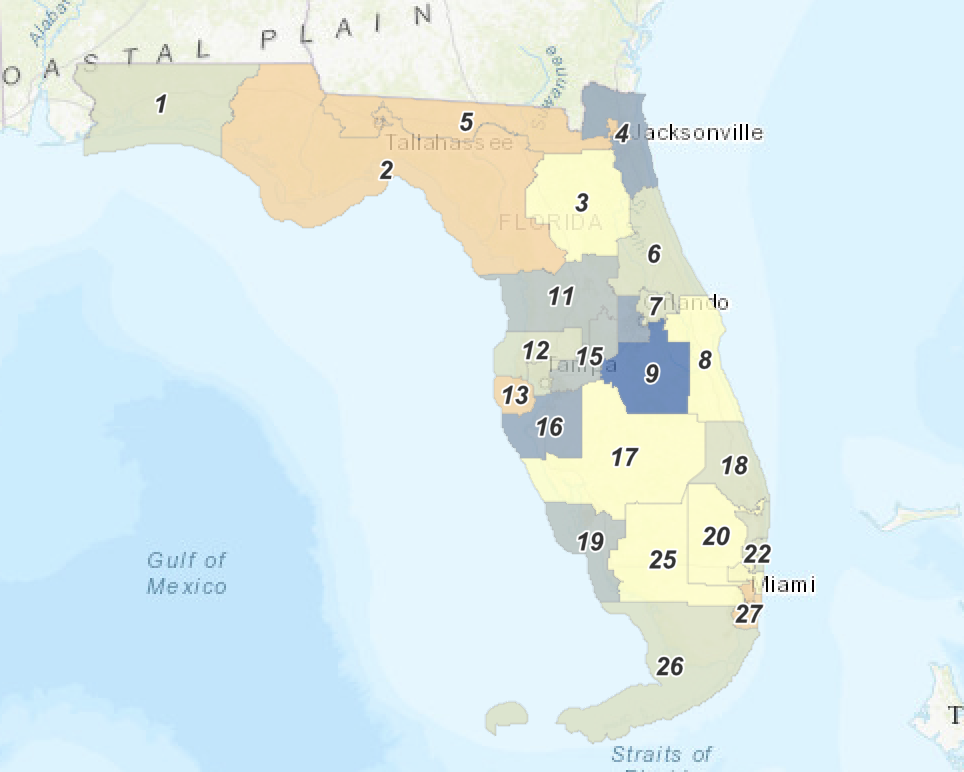MIAMI – The City of Miami is fighting back against a judge’s ruling that said commissioners drew a voting map based on race and ethnicity.
In 2022, voting rights activists sued Miami over the new map.
Last month, a judge agreed and invalidated the boundaries of the city’s five districts calling the map unconstitutional. CBS News Miami partner The Miami Herald cited comments from the commissioners themselves in which they said the map was drawn to ensure the commission had three Hispanic, one white, and one Black commissioner.
The city was set to approve a new map as part of a settlement with minor changes and a payout of one point six million dollars in legal fees to the voting rights activists but they pushed off the decision for another two weeks. The settlement map would be in effect for next year’s local election.
WASHINGTON, D.C. — A federal judge in Florida yesterday struck down Miami’s city commission districts for being unconstitutional racial gerrymanders and ordered the implementation of a new map for future elections.
The ruling stemmed from a federal lawsuit filed in 2022 by local organizations and individual residents alleging that the districts for Miami’s five-member city commission were “drawn along racial lines for the predominant purpose of maintaining racially segregated districts.” As the city’s governing body, the commission has the power to pass local laws, adopt regulations and more.

